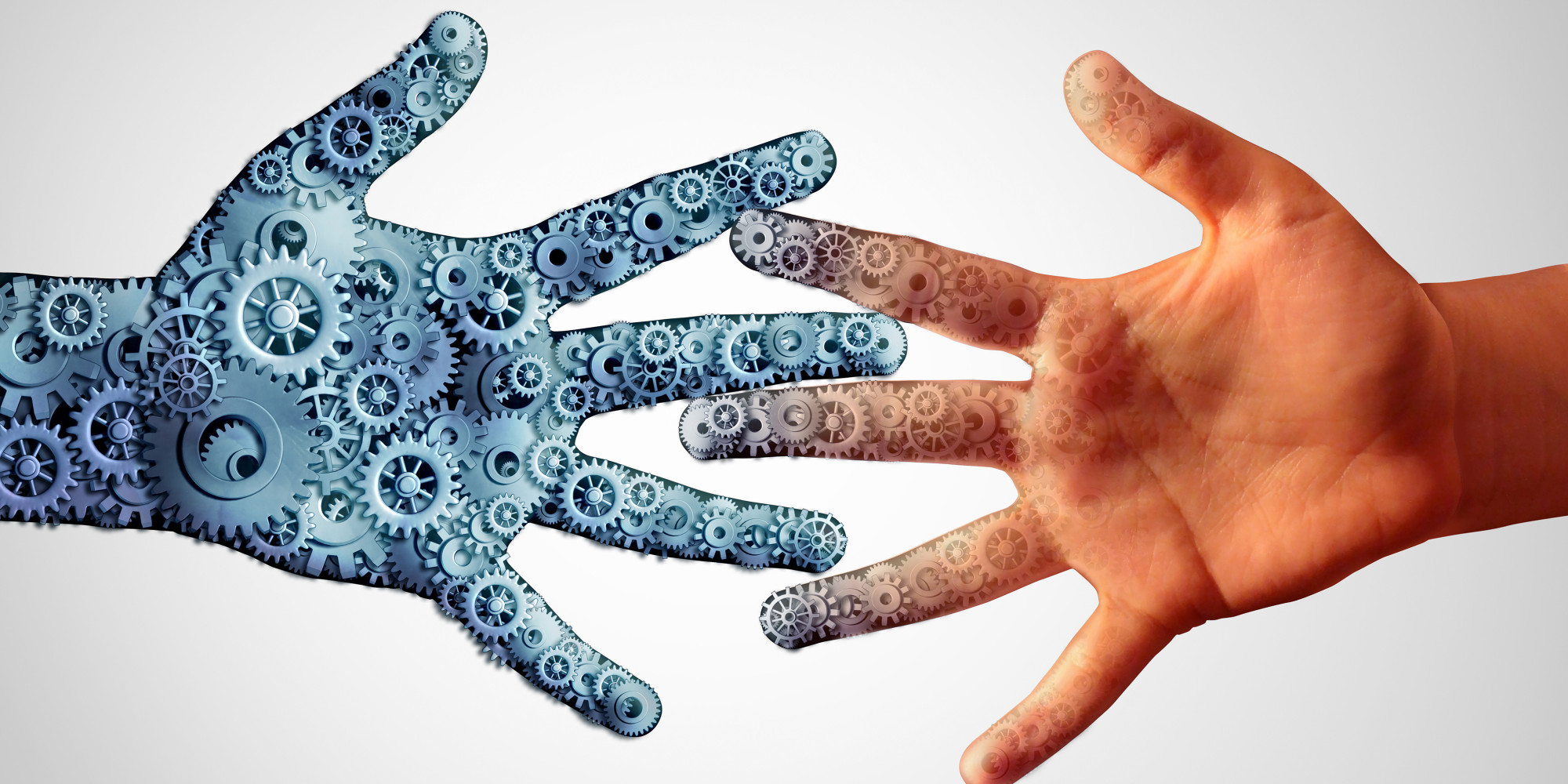The same old story, again
Technology has been “stealing our jobs” since at least the Bronze Age, so it’s surprising after all these years that any of us have a job to go to in the mornings. The tired old trope of machines stealing the bread from our children’s mouths has been trotted out at intervals since the time of Ned Ludd (at least), and the reason it keeps getting an airing is simple: it plays on our fears and insecurities – and it makes great copy. This does not, however, make it true.
History does repeat itself
Last year Deloitte looked at census data dating back to 1871 to analyse the effect of new technologies on employment trends. The study, which was shortlisted for the prestigious Rybczynski Prize, concluded that far from being a job destroyer, technology is a job creation engine of unrivalled power. The problem lies with the way we look at technology’s influence on the labour market: it’s easier to focus on the roles that are being made redundant, rather than to examine the new jobs – even new industries – created by new inventions. And the rise of bots and Artificial Intelligence (AI), so often touted as the power looms of the 21st century, perfectly illustrate how technology will bring exciting new job opportunities for us all.
Adapt and Adopt
If your business is bots. Naturally, you are incredibly proud of the ever-increasing complexity of AI and bots, and how they are seeing widespread adoption in a growing number of roles. But you also recognise that, inevitably, we’ll see a withering of traditional roles in a range of professions – from stock brokers to insurance agents, customer service staff to lorry drivers. Of course, it’s tough knowing that your job is under threat. But new technologies do not appear overnight, fully-fledged and as good as the humans they replace. They take time to evolve, which gives workers the time to themselves adapt – for example, by re-training or changing industry. We saw it before with the invention of the internal combustion engine. Over several years and decades horse-drawn vehicles dwindled along with the associated jobs such as smiths, farriers, carters, wheelwrights and the like. These workers re-skilled, or adapted their existing skills to new opportunities created by the automotive or other industries, and we need to help those facing current threats do the same […]
read more – copyright by www.huffingtonpost.co.uk


The same old story, again
Technology has been “stealing our jobs” since at least the Bronze Age, so it’s surprising after all these years that any of us have a job to go to in the mornings. The tired old trope of machines stealing the bread from our children’s mouths has been trotted out at intervals since the time of Ned Ludd (at least), and the reason it keeps getting an airing is simple: it plays on our fears and insecurities – and it makes great copy. This does not, however, make it true.
History does repeat itself
Last year Deloitte looked at census data dating back to 1871 to analyse the effect of new technologies on employment trends. The study, which was shortlisted for the prestigious Rybczynski Prize, concluded that far from being a job destroyer, technology is a job creation engine of unrivalled power. The problem lies with the way we look at technology’s influence on the labour market: it’s easier to focus on the roles that are being made redundant, rather than to examine the new jobs – even new industries – created by new inventions. And the rise of bots and Artificial Intelligence (AI), so often touted as the power looms of the 21st century, perfectly illustrate how technology will bring exciting new job opportunities for us all.
Adapt and Adopt
If your business is bots. Naturally, you are incredibly proud of the ever-increasing complexity of AI and bots, and how they are seeing widespread adoption in a growing number of roles. But you also recognise that, inevitably, we’ll see a withering of traditional roles in a range of professions – from stock brokers to insurance agents, customer service staff to lorry drivers. Of course, it’s tough knowing that your job is under threat. But new technologies do not appear overnight, fully-fledged and as good as the humans they replace. They take time to evolve, which gives workers the time to themselves adapt – for example, by re-training or changing industry. We saw it before with the invention of the internal combustion engine. Over several years and decades horse-drawn vehicles dwindled along with the associated jobs such as smiths, farriers, carters, wheelwrights and the like. These workers re-skilled, or adapted their existing skills to new opportunities created by the automotive or other industries, and we need to help those facing current threats do the same […]
read more – copyright by www.huffingtonpost.co.uk
Share this: